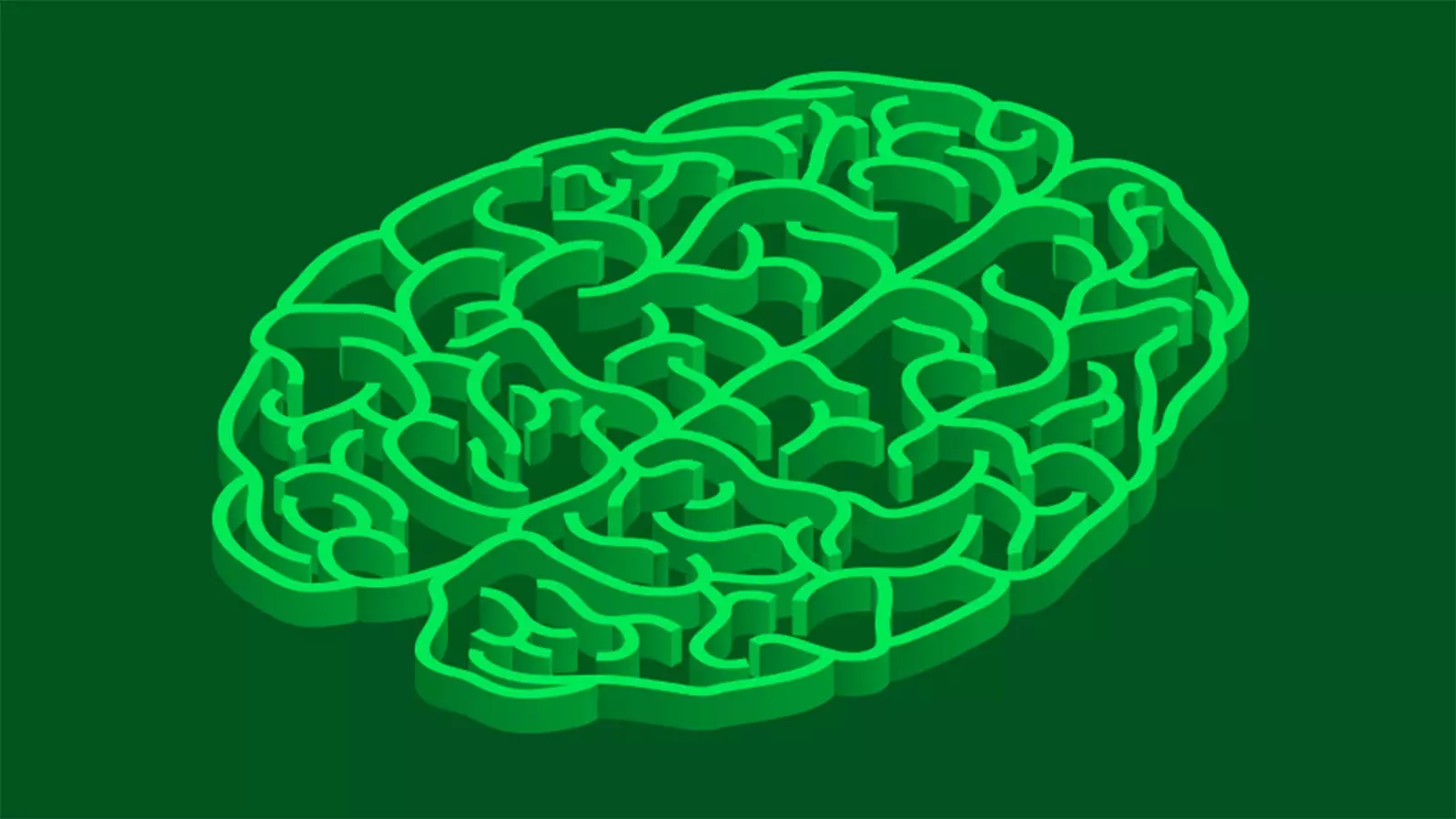The FDA has recently expanded the age range for EndeavorRx, a prescription video game treatment for ADHD. Previously approved for children aged 8 to 12, the treatment can now be used for adolescents between the ages of 13 and 17. This development opens up new possibilities for managing ADHD symptoms in older individuals. With this expansion, more individuals can benefit from this innovative approach to treatment.
Despite the availability of various treatment options, a recent report by Milliman suggests that a significant number of Americans with mental health conditions still do not receive treatment. This treatment gap highlights the need for greater access and awareness of mental health services. Efforts should be made to address the barriers to treatment and ensure that everyone who needs it can receive appropriate care.
A small trial conducted on non-invasive spinal cord stimulation treatment shows promising results in improving symptoms of major depressive disorder. This finding provides hope for individuals struggling with depression, as it offers a potential alternative or complementary treatment option. Further research and larger-scale trials are needed to validate these findings and explore the full potential of this treatment approach.
Dr. Michael Stone, a psychiatrist known for his study of evil, passed away at the age of 90. His contributions to the field of psychiatry have been significant, and his work will continue to influence future research and understanding of human behavior. Additionally, Dr. Jeanne Hoff, a pioneering transgender psychiatrist, passed away at the age of 85. Her contributions to the field and advocacy for transgender individuals leave a lasting legacy.
Gen Z, the generation known for being born between the mid-1990s and early 2010s, is facing a new type of stress: menu anxiety. This term refers to the anxiety and decision fatigue experienced when confronted with a wide range of choices, particularly when it comes to food. The prevalence of menu anxiety highlights the need for strategies to manage stress effectively and make informed decisions.
A federal judge has recently barred expert witnesses from testifying that acetaminophen (Tylenol) can cause autism or ADHD if taken during pregnancy. This decision comes as a result of a lack of scientific support for these claims. It is crucial to rely on accurate and evidence-based information when discussing potential risks and making informed decisions about medication use during pregnancy. Clear communication and access to reliable sources of information can help dispel misinformation and promote informed decision-making.
According to a poll conducted by the American Psychiatric Association, approximately 28% of Americans have made New Year’s resolutions focused on mental health. This reflects a growing recognition of the importance of mental well-being and the desire to prioritize it in personal goals. Whether it involves seeking therapy, practicing self-care, or adopting healthy coping mechanisms, prioritizing mental health can lead to improved overall well-being.
Emergency physicians face a unique challenge when it comes to managing “trip killers” – benzodiazepines or antipsychotics taken to end a bad psychedelic drug experience. These substances can have significant effects on individuals and require careful monitoring and management. It is crucial for healthcare professionals to be trained in handling such situations to ensure the safety and well-being of those seeking medical assistance.
The field of mental health treatments is constantly evolving and expanding. From new options for ADHD management to potential breakthroughs in depression treatment, these developments offer hope for individuals seeking relief from mental health conditions. However, challenges such as the treatment gap and misinformation still need to be addressed to ensure that everyone can access appropriate care and make well-informed decisions regarding their mental health. Furthermore, understanding the unique stressors faced by different generations and the importance of setting mental health goals can contribute to overall well-being. By staying informed and advocating for mental health, we can contribute to creating a society that prioritizes and supports mental well-being for all.

Leave a Reply